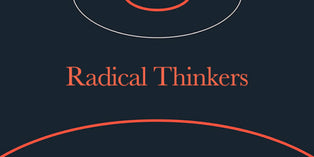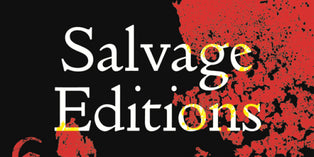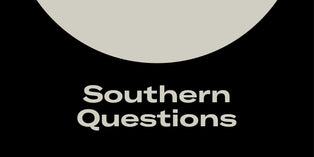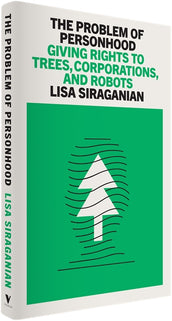
Catalog Books
New Releases
Browse allForthcoming
Browse All-
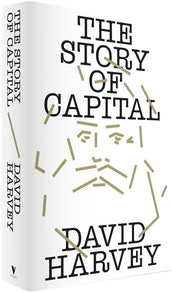
The Story of Capital: What Everyone Should Know About How Capital Works
-

Motherdom: Breaking Free from Bad Science and Good Mother Myths
-
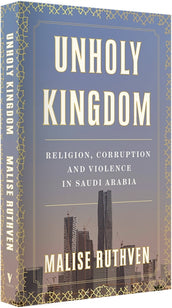
Unholy Kingdom: Religion, Corruption and Violence in Saudi Arabia
-

Repetition: A Novel
-
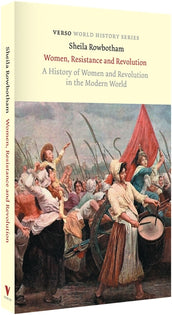
Women, Resistance and Revolution: A History of Women and Revolution in the Modern World
-

Freedom Ship: The Uncharted History of Escaping Slavery by Sea

Verso Book Club
Our world is changing quickly, from global politics and environmental collapse, to the rise of right-wing political movements and serious economic crises. What hasn't changed is Verso's 50 year-long commitment to radical publishing.
Help us to continue this vital radical publishing tradition.
Catalog
Showing 1–24 of 2157 results:
Back to beginning
-

The Problem of Personhood: Giving Rights to Trees, Corporations and Robots
-

Hyperpolitics: Extreme Politicization without Political Consequences
-

A Sultan in Palermo: A Novel
-

Night of the Golden Butterfly: A Novel
-

Shadows of the Pomegranate Tree: A Novel
-

The Book of Saladin: A Novel
-

The Stone Woman: A Novel
-

Feeling at Home: Transforming the Politics of Housing
-

Experimental Criticism: Franco Moretti and Literature
-
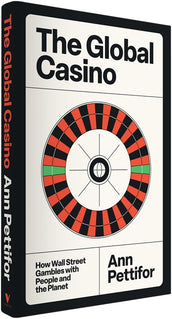
The Global Casino: How Wall Street Gambles with People and the Planet
-

The Choice of Civil War: Neoliberal Strategy and the Politics of the Enemy
-

Axis of Empire: A History of Iran–US Relations
-

Freud and the Non-European
-

A Philosophy of War: Why We Fight
-

Psychoanalysis and Feminism: A Radical Reassessment of Freudian Psychoanalysis
-
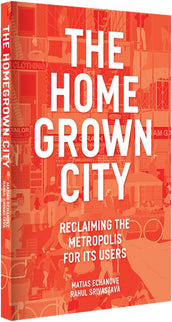
The Homegrown City: Reclaiming the Metropolis for its Users
-
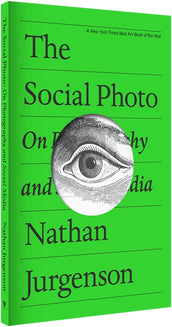
The Social Photo: On Photography and Social Media
-

Nuclear is Not the Solution: The Folly of Atomic Power in the Age of Climate Change
-
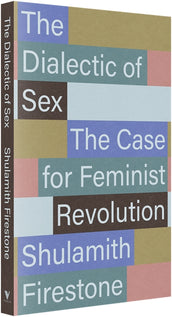
The Dialectic of Sex: The Case for Feminist Revolution
-

The End: Marx, Darwin, and the Natural History of the Climate Crisis
-

Racial Fictions
-

Amphibious Realities: The Documentary Poetics of Allan Sekula
-

Enforcing Normalcy: Disability, Deafness, and the Body
-

Berlin Childhood around 1900













